

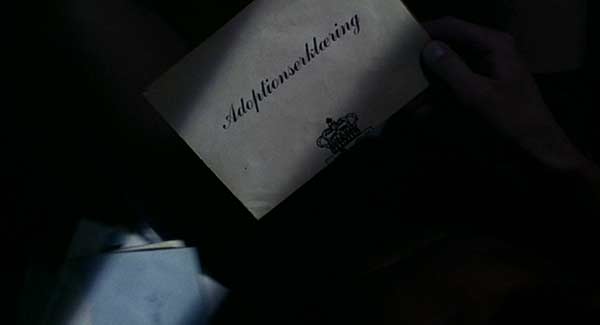

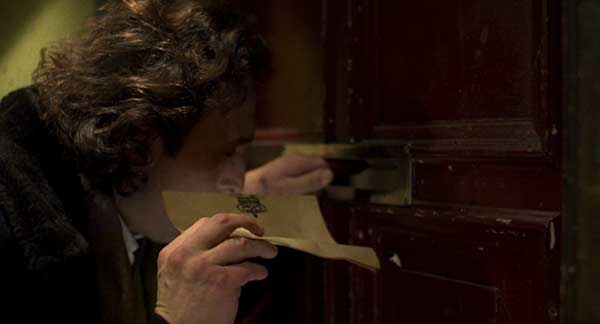
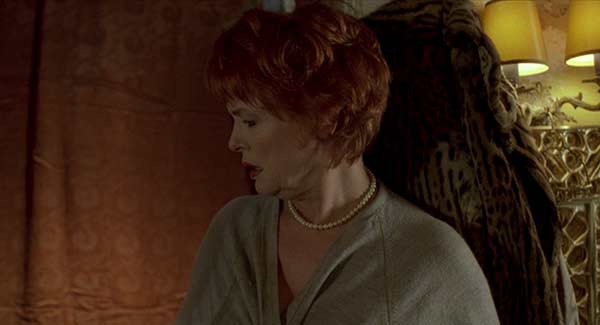


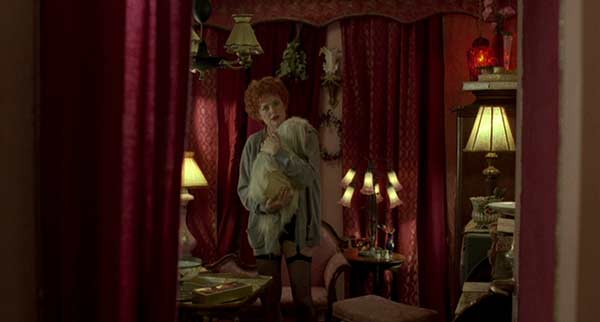







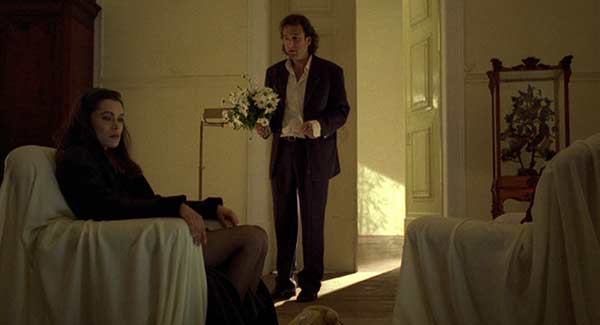


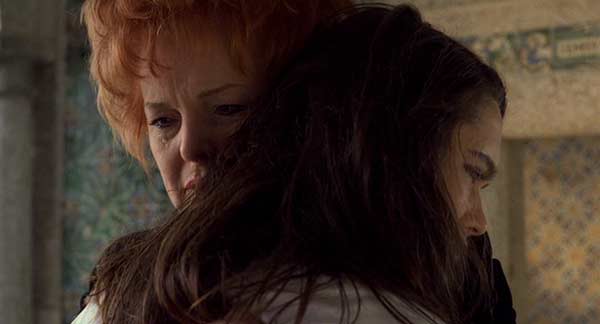







Taxi to Portugal (Family Matters)
Susanne Bier, 1993
See also DON’T COME KNOCKING

Philip Zandén as Jan, Ana Padrão as Constança
FROM ‘MARA, MARIETTA’
Intermezzo 12: Lucia
Windblown, her hair gives her a wistful air. That, and the scarf bunched around her neck, its emerald and indigo echoing her eyes. We’d met at a movie. Taxi to Portugal. Came to this café afterwards. She’s back in Bucharest for the holiday—just finished her first year of Film School in Paris. Wants to be a director. We spoke of Jean-Jacques Beineix and Luc Besson, Lars von Trier and Béla Tarr, but we kept coming back to Taxi to Portugal. This film of deathbed truth and adoption, of accidental brother-sister incest, had touched us both deeply.
THE FAMILY ROMANCE
By Michel Soulé
One could imagine that the late-adolescent Oedipus has never left Corinth and that all of Oedipus the King is the family romance that he devised at the end of his Oedipal conflict. He invented a mythical father for himself and an archetypical mother with whom he imagined having a mutually loving relationship.
In Sophocles’ play, when Oedipus tells his story several characters say, in effect: ‘But all children have, at a certain age, dreamt up an all-powerful father and imagined what happens in their mother’s bed”. This assertion, with its prophetic overtones, is repeated several times in the drama and supports our interpretation of Oedipus the King as the story Oedipus tells—as if he had really lived it—of his family romance.
When the adopted child, at adolescence, expresses a desire to find his parents, and in particular his ‘real’ mother, he is in fact expressing his wish to actualize his family romance.

caption

caption
The concept of the family romance appears very early in Freud’s thinking. The child, during the latency period, elaborates the fantasy that he is the child of another couple, thus allowing him to escape from Oedipal conflict.
The family romance comes to the fore when certain situations, notably particular filiations—adoption being a prime example—provide it with fertile ground for development. Indeed, in adoption, reality provides a framework that supports the elaboration of a family romance.
We find all these elements in the case of Oedipus, a child abandoned then adopted. Indeed, Sophocles is remarkably explicit about them, giving Oedipus very precise lines. The destiny of Oedipus the King, then, can justifiably be interpreted as a family romance invented by an adopted child.
From Michel Soulé, « Œdipe Roi, Œdipe à Colone. Sophocle et l’adoption moderne. Le roman familial », La psychiatrie de l’enfant, 1/2012 (Vol. 55), p. 5-20. These passages translated by Richard Jonathan.
THE PHANTASY OF SIBLING INCEST
By Rosa Jaïtin
The phantasy of sibling incest is, I believe, universal. The bodies of brother and sister are objects of exploration and play. Sibling quarrels are a means of warding off reciprocal desire, with the struggle for possession of the mother at their origin. Thus it is commonly observed that sibling disputes require the presence of the mother as witness.

caption
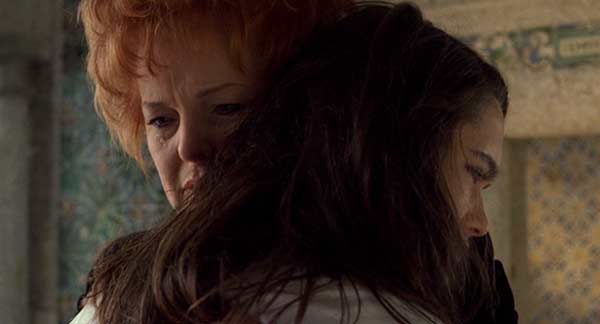
caption
For the child, the maternal object is a space that has been inhabited then abandoned at birth. This space founds the incestuous potential of the sibling bond. If the mother is too present or too absent, the phantasy of incest may be enacted. And the act may be the outcome of excessive hate, experienced as supposed love when the too-present mother is absent and as manifest hate when the mother has been too absent. In the latter case, brother or sister then becomes an object of revenge for maternal abandonment.